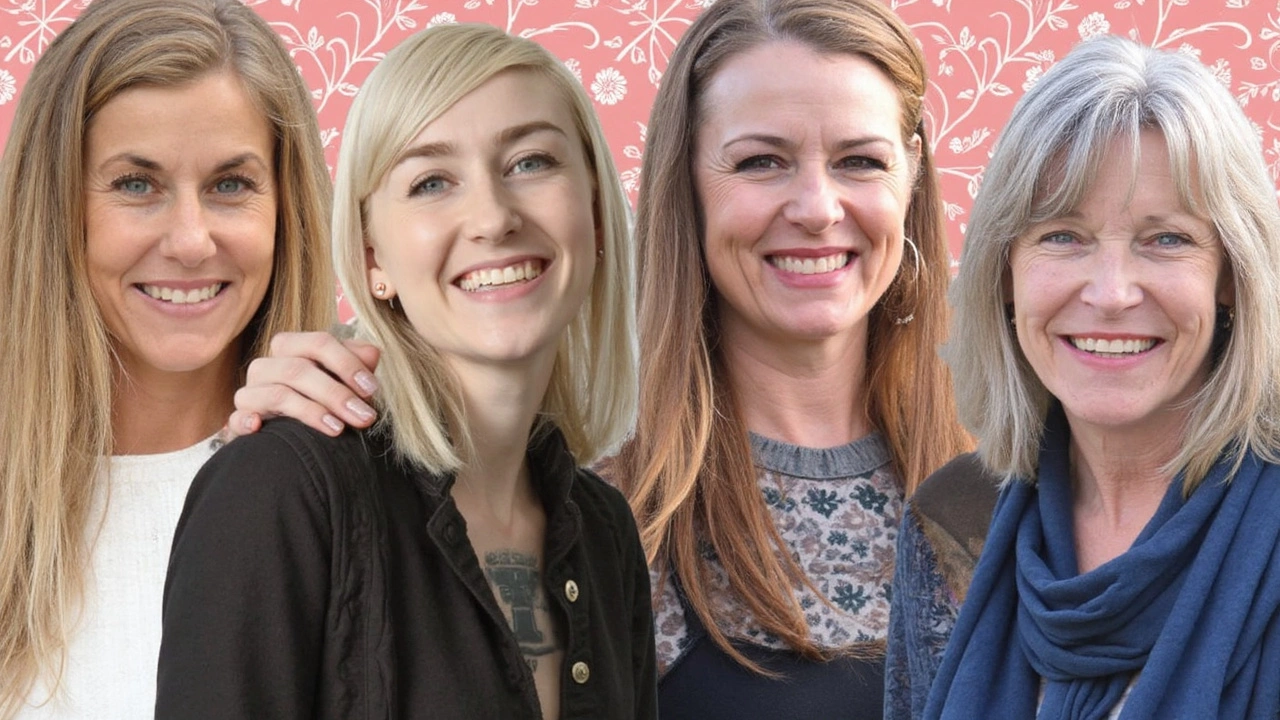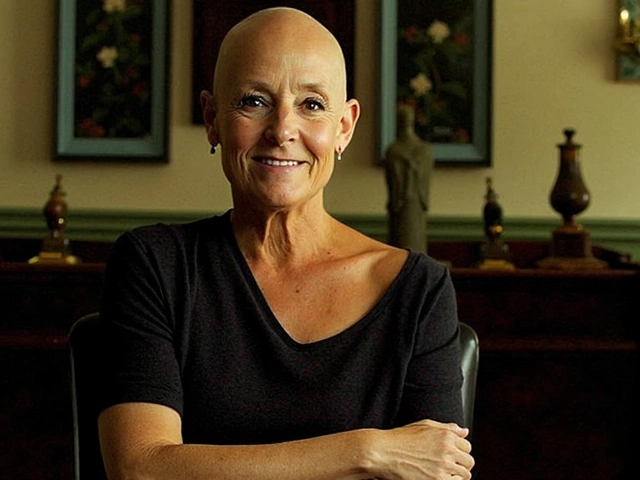Rethinking Parental Leave: Scottish Greens Call for Radical Overhaul
The UK’s policy on maternity pay and paternity pay has come under sharp scrutiny after Scottish Green MSP Gillian Mackay made a passionate plea for change. Just as families geared up for Mother’s Day, Mackay, who herself is expecting a baby this summer, urged the government to give every new parent a full 52 weeks of paid leave—at their full wage. She’s not just drawing from policy manuals, but from her own lived reality, making this debate far more than an abstract political point.
Current rules leave a lot of parents in the lurch. You get 39 weeks of pay if you're on Statutory Maternity Pay—just the first six at your actual wage, and after that, it drops fast: either 90% of your earnings or £187.18 max, whichever is lower, for the next 33 weeks. Shared Parental Leave lets you split the time, but the cash isn’t any better. Plenty of folks, especially in lower-paying jobs, start feeling the pinch well before the year is up. Some return to work earlier than they’d like, others even reconsider having children at all when they do the maths.
Mackay’s proposal isn’t just a tweak. She’s talking about a year off work for all new parents, with full pay, no catches. How would this be funded? She’s blunt: introduce wealth taxes. She believes those who can most afford it should help shoulder the costs, not new parents already counting every penny.

Why 52 Weeks Matter—for Parents, Kids, and Society
Her timing is deliberate—Mother’s Day is when the value of parental care and bonding is on everyone’s mind. Mackay says the early days “are vital,” not just for babies, but for the whole family, both practically and emotionally. This isn’t just sentimental talk: years of research back up the importance of a strong parent-child bond, especially early on. And missing out on those months because of money worries? That’s a source of stress plenty of parents in the UK know far too well.
The proposal also highlights how far the UK is from countries that give far more substantial support to families. In Nordic nations, for example, parents can often share over a year’s paid leave—at a rate that lets them actually pay bills, not just scrape by. Mackay argues that these models show it’s not just possible but practical to expect businesses and governments to step up.
- The current system: 39 weeks paid, only six at full salary, then a sharp drop
- Financial stress forces many back to work early, or keeps them from growing their families
- Calls for wealth taxes to fund an ambitious 52-week, full-pay plan
- The aim: true choice and dignity for parents—regardless of income or background
The Scottish Greens have put the ball firmly in the UK Government’s court. This demand for extended maternity pay, paternity pay, and shared parental leave isn’t going away soon. It connects directly to soaring living costs, questions about how society values care work, and the heart of family life itself.







Write a comment